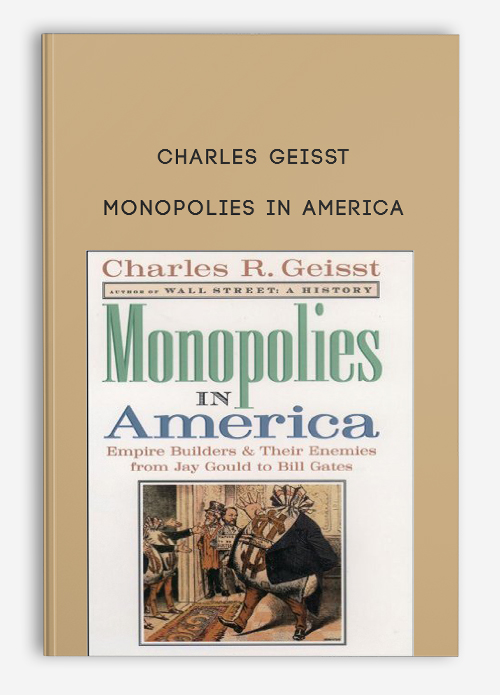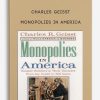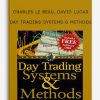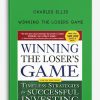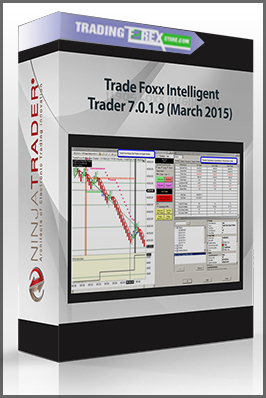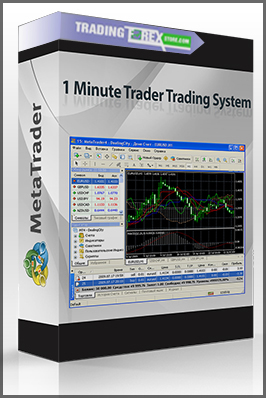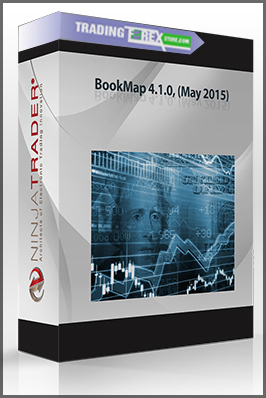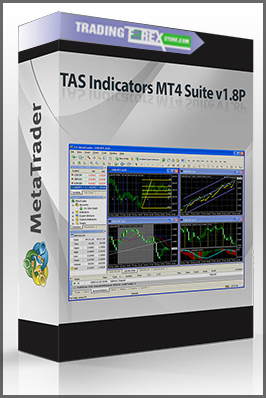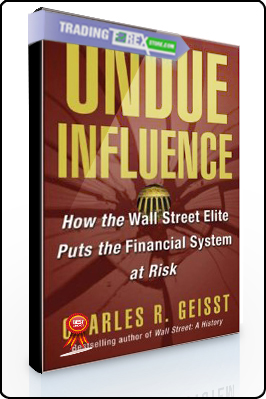Monopolies in America by Charles Geisst
$12.00
- Description
Description
Monopolies in America by Charles Geisst
Get Monopolies in America by Charles Geisst at bestoftrader.com
Forex Trading – Foreign Exchange Course
You want to learn about Forex?
Foreign exchange, or forex, is the conversion of one country’s currency into another.
In a free economy, a country’s currency is valued according to the laws of supply and demand.
In other words, a currency’s value can be pegged to another country’s currency, such as the U.S. dollar, or even to a basket of currencies.
A country’s currency value may also be set by the country’s government.
However, most countries float their currencies freely against those of other countries, which keeps them in constant fluctuation.
SIZE 6.8 MB
368 pages
Publisher:Oxford University Press, USA (January 27, 2000)
Publication Date:January 27, 2000
Sold by:Amazon Digital Services, Inc.
Language:English
ASIN:B007LI5Y0K
In this incisive and comprehensive history, business historian Charles Geisst traces the rise of monopolies from the railroad era to today’s computer software empires.
The history of monopolies has been dominated by strong and charismatic personalities. Geisst tells the stories behind the individuals–from John D. Rockefeller and Andrew Carnegie to Harold Geneen and Bill Gates–who forged these business empires with genius, luck, and an often ruthless disregard for fair competition. He also analyzes the viewpoints of their equally colorful critics, from Louis Brandeis to Ralph Nader. These figures enliven the narrative, offering insight into how large businesses accumulate power. Viewed as either godsends or pariahs, monopolies have sparked endless debate and often conflicting responses from Washington. Monopolies in America surveys the important pieces of legislation and judicial rulings that have emerged since the post-Civil War era, and proposes that American antitrust activity has had less to do with hard economics than with political opinion. What was considered a monopoly in 1911 when Standard Oil and American Tobacco were broken up was not applied again when the Supreme Court refused to dismantle U.S. Steel in 1919. Charting the growth of big business in the United States, Geisst reaches the startling conclusion that the mega-mergers that have dominated Wall Street headlines for the past fifteen years are not simply a trend, but a natural consequence of American capitalism.
Intelligent and informative, Monopolies in America skillfully chronicles the course of American big business, and allows us to see how the debate on monopolies will be shaped in the twentieth-first century.
Get Monopolies in America by Charles Geisst at bestoftrader.com

